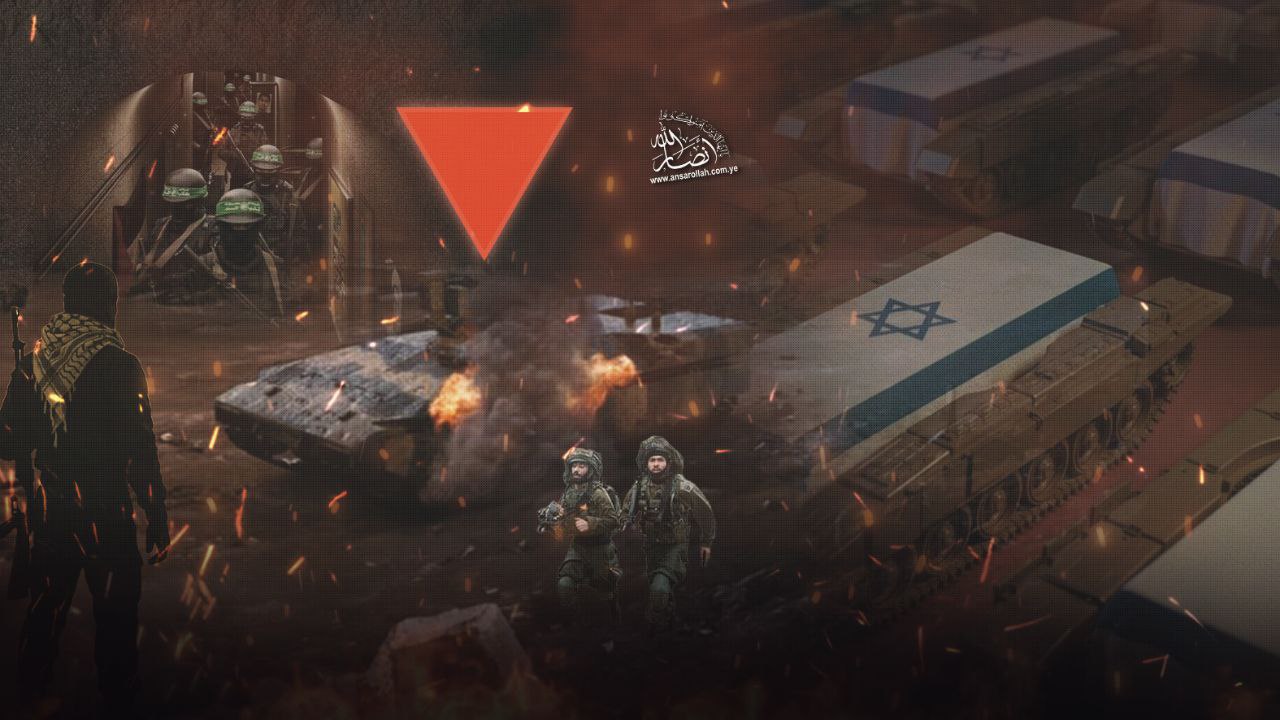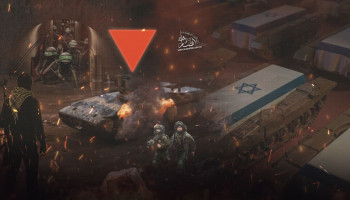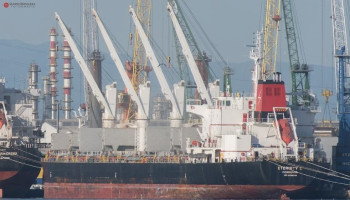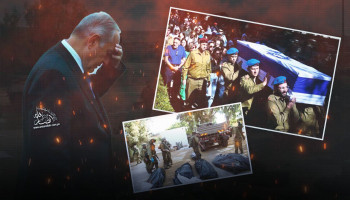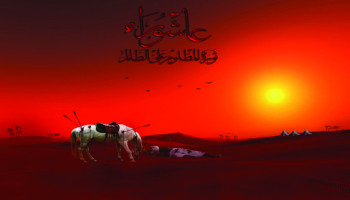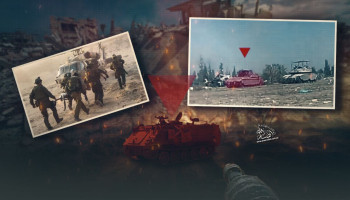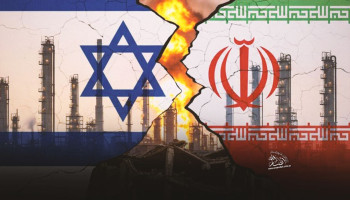In an era where the metrics of the global order are increasingly measured by obedience rather than righteousness, by loyalty to the occupant of the White House rather than the courage to speak the truth, Yemen’s unexpected participation in supporting Gaza has come as a thunderous declaration: a real Arab and Islamic power has been born—its name is Yemen.
This was not a mere emotional speech or fleeting gesture of solidarity. Yemen’s engagement was a multi-dimensional act—military, political, and strategic. It emerged from beneath the rubble, from the heart of a siege, to redraw the contours of confrontation with the Israeli enemy and disrupt the calculations of global powers.
Long labeled as the “weak flank” of the Arabian Peninsula or the backyard of Saudi Arabia, Yemen has defied expectations. Emerging from the isolation of war and economic and political blockade, it has stunned the world with an unprecedented strategic shift. For over 19 months, Yemen’s targeted strikes against ships linked to Israel in the Red Sea and the Arabian Gulf have marked a qualitative transformation in the rules of engagement.
Israeli maritime activity in the Red Sea—one of the arteries of global trade—has come to a complete halt. Major shipping companies have been forced to redraw their maritime routes, and insurance costs for vessels have soared to unprecedented levels. Washington, left with no choice, intervened militarily in what it hoped would be a swift, surgical operation to protect its pampered child— the Israeli entity. But it faced a force not advanced in technology, but fortified by faith, resolve, and resilience.
Yemen’s campaign was not merely the launching of missiles or drones. It was a redefinition of Arab consciousness—a rebuilding of dignity. It sent a clear message: geography does not define power, money does not create influence, and oil does not guarantee allegiance. It is willpower that forges all of this. That Yemen—the besieged, impoverished, war-torn country—leads the frontlines in supporting Gaza in a sea dominated by global fleets is itself a demolition of conventional power narratives.
Sana’a has now become a center of free decision-making, independent of foreign dictates, asserting its voice not from negotiating tables, but from the battlefield. The message is now unmistakably clear: if the Israeli enemy understands only the language of force, then Yemen today speaks it fluently.
Within the Israeli entity, words like “Bab al-Mandeb” and “Red Sea” have become synonymous with fear. Ships that once traversed these waters safely for decades are now exposed targets—not by the decision of a global superpower, but by the will of a people who chose to become part of the deterrence equation. This, in response to Allah, His Messenger, and the cries of oppressed brothers abandoned by the West and forsaken by the Arabs.
Throughout Yemen’s support, the scene of fleeing to bomb shelters extended to every corner of occupied Palestine. The enemy now knows that there are those who aim accurately, choose their timing carefully, take initiative, and never delay in striking back.
Yemen’s message to the world is simple: true power does not come from a multitude of military bases or Western-manufactured labs and think tanks. It comes from the strength of one’s stance, the legitimacy of one’s cause, and the choices made in moments of crisis. A siege, no matter how long or suffocating, does not always produce surrender. Sometimes, it gives birth to unexpected powers—forces that defy alliance maps.
This is a wounded nation, yet a faithful one, plagued by unpaid salaries, decimated infrastructure, and years of aggression and blockade. Still, it stands firm. It has emerged to unsettle the equations of the most formidable global powers.
In the final analysis, Yemen is no longer the footnote scribbled at the margins of Gulf summits or international conference recommendations. It has become a full chapter in the regional equation of conflict. It is a rising Arab force, born from the ashes of war and nourished by a will that does not bow—granted by Allah a leader who absorbed faith as an infant takes in milk, who mastered the art of courage as a warrior does the handling of spears in battle.
Give Yemen a chance—not to kneel or retreat—but to breathe, to live, and to write its own history with its own hands. Not with the money once thrown to its subservient rulers like bones tossed to guard dogs. Give Yemen the chance to clothe you in dignity, to shake the dust of humiliation from your shoulders—for history is not written on auction tables, but on the battlefield, on the soil of a land whose people know that sovereignty is never granted, but seized.

